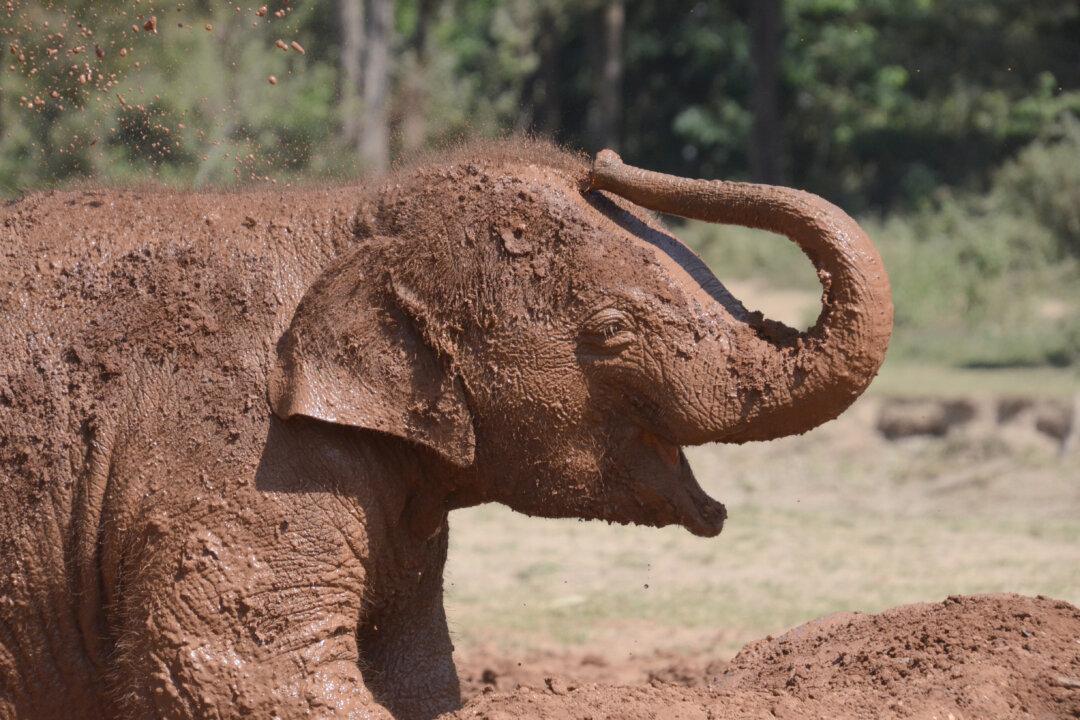Her name was Namthip, and at 13 years old, she was just a teenager. Yet she had spent her entire life with a chain around one leg, standing every night on concrete and unable to lie down to sleep. Unsurprisingly, she had mental health issues. After being passed around from owner to owner, and having part of her tail removed due to lack of medical attention after a beating, she was malnourished and emaciated. If you ever see an emaciated elephant, it’ll make you shiver. I had the good fortune to be at Elephant Nature Park in northern Thailand to witness her turn of luck: She was purchased out of captivity and moved here, to her new forever home.
About an hour’s drive north of Chiang Mai, Thailand, the park comprises 250 acres tucked among forested hills along the banks of the Mae Taeng River. At the time of my visit, more than 120 rescued elephants lived there. Some of them were physically damaged from injuries sustained doing illegal logging work or tourism detail—hauling around tourists all day at the behest of a mahout who prods them with a sharp tool (something tour operators often falsely claim can’t be felt through the elephant’s skin) or worse.





